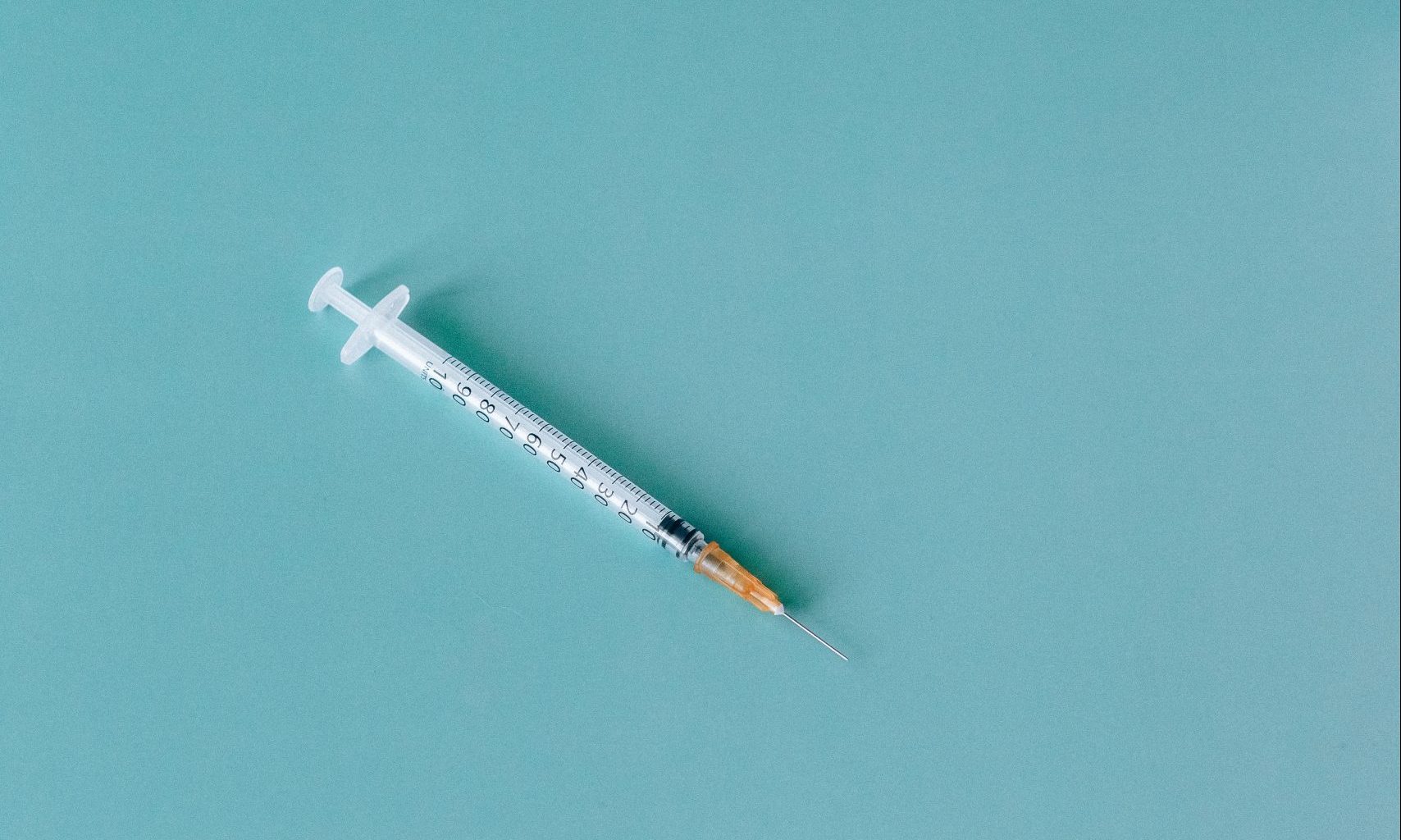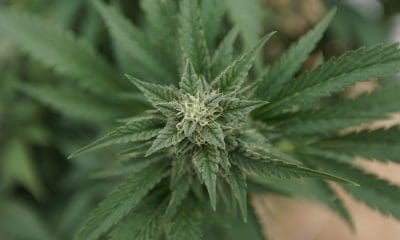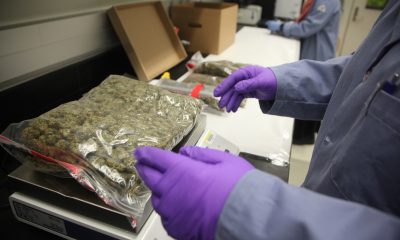Politics
Advocates Say Talks With Justice Department On Overdose Prevention Sites Case Have Been ‘Productive,’ As Court Extends Deadline

Advocates say that talks with the Justice Department over the establishment of safe drug consumption sites have been “productive,” prompting them to agree on another extension of the deadline for the Biden administration to make clear its stance in a legal case concerning the harm reduction facilities.
This is the latest in a long string of delays in the case, which was brought about by the Justice Department under the Trump administration after the non-profit Safehouse tried to open an overdose prevention site, where people could use currently illicit drugs in a medically supervised setting, in Philadelphia.
But in this case, the delays are actually seen as a positive for supporters, with Safehouse saying in an update that it “agreed to a 45-day extension because our discussions with the DOJ continue to be productive.”
“We believe that an eventual settlement will be part of the DOJ’s approach to harm reduction and will clear a path for entities across the U.S. to provide overdose prevention services,” it said.
Today we agreed to an extension for the Justice Department to respond to our lawsuit to open an overdose prevention center. We believe a settlement would clear a path for these services to be offered across the U.S. The DOJ’s deadline is June 23. Stay tuned.
— Safehouse (@SafehousePhilly) May 9, 2022
To that point, the latest official filing in the federal case doesn’t just say that the parties agreed to the extension; it also includes new language about the status of the discussions and the Justice Department’s stated position on promoting harm reduction to mitigate the overdose crisis.
The parties are “addressing a novel and complex subject matter,” the joint filing from the government and Safehouse’s attorneys says, also adding that the talks “continue to be productive.”
The filing references a February statement from DOJ regarding its ongoing work in “evaluating supervised consumption sites, including discussions with state and local regulators about appropriate guardrails for such sites, as part of an overall approach to harm reduction and public safety.”
“Those discussions have continued, and the United States believes additional time is necessary to permit careful consideration of the government’s harm reduction and public safety goals,” the new scheduling order says.
The Justice Department was initially directed to file a response in the case in November 2021, but the parties have since agreed to four separate extensions of the deadline, which is now set for June 23.
The first government-sanctioned overdose prevention sites in the U.S. opened in New York City late last year, and advocates have celebrated the early results of that launch, finding evidence that they save lives.
A poll released in April found that a majority of Americans (64 percent) support allowing safe consumption sites.
While the Biden administration has yet to take a specific position on policy proposals to authorize safe consumption facilities, the National Institutes of Health (NIH) put out a pair of requests for applications (RFAs) in December for an effort that will provide funding for efforts to investigate how that and other harm reduction policies could help address the drug crisis.
National Institute on Drug Abuse (NIDA) Director Nora Volkow has repeatedly expressed concerns about the harms caused by the criminalization of drug possession, and she told Marijuana Moment in an interview last year that she is open to continuing to explore “how these support systems as a community can help people, for example, engage in treatment, how they can prevent them from getting infected from HIV and how they can prevent them from overdosing and dying.”
Activists in several cities have attempted to establish harm reduction centers in recent years, citing promising results from programs that have been put into place in other countries like Canada and Australia.
In October, the Supreme Court rejected a request to hear a case on the legality of establishing the Safehouse facilities, but the case is still before a lower federal court.
The White House drug czar, Rahul Gupta, recently said that it’s critical to explore “any and every option” to reduce overdose deaths, and that could include allowing safe consumption sites for illegal substances if the evidence supports their efficacy.
The Office of National Drug Control Policy (ONDCP) director previously said that he couldn’t talk about the harm reduction centers due to the ongoing litigation related to Safehouse, but he seemed more open to the possibility in an interview with CNN late last year.
The secretary of the U.S. Department of Health and Human Services (HHS), Xavier Bacerra, also recently signaled that the Biden administration would not move to block the establishment safe injection sites, stressing that “we are literally trying to give users a lifeline.”
But a department spokesperson later walked those remarks back, stating that “HHS does not have a position on supervised consumption sites” and the “issue is a matter of ongoing litigation.” In any case, it would be up to DOJ to decide whether to pursue operators of the facilities under the Controlled Substances Act.
Bacerra was among eight top state law enforcement officials who filed an amicus brief in support of the Safehouse’s safe injection site plan when he served as California’s attorney general.
A coalition of 80 current and former prosecutors and law enforcement officials—including one who is Biden’s pick for U.S. attorney of Massachusetts—previously filed a brief urging the Supreme Court to take up Safehouse’s safe consumption case.
While New York City is the first to open the harm reduction centers, the governor of Rhode Island did sign a historic bill in July to establish a safe consumption site pilot program.
Massachusetts lawmakers advanced similar legislation last year, but it was not ultimately enacted.
A similar harm reduction bill in California, sponsored by Sen. Scott Wiener (D), was approved in the state Senate in April, but further action has been delayed until this year.
Read the latest court filing in the Safehouse and Justice Department case on overdose prevention sites below:
















